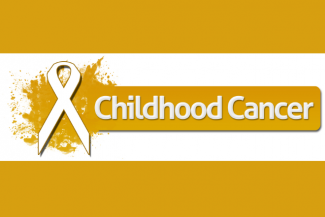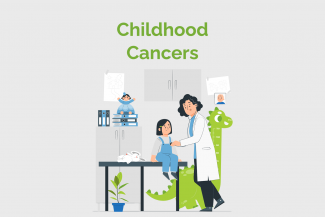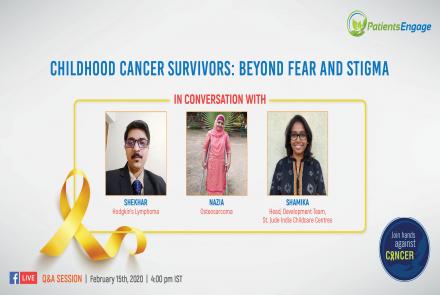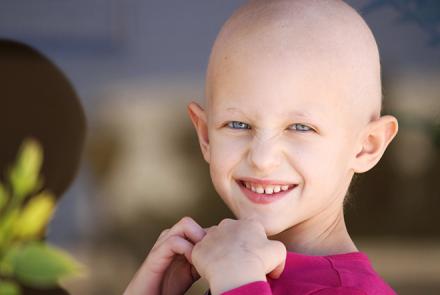
Management of Pediatric Cancer
While the main goal of pediatric cancer is to try to get rid of the cancer as soon as possible, it is equally important that the child is made comfortable during their treatment process. This is called supportive care or symptom management.
This comprehensively includes managing all health issues during this period such as infections, pain, side-effects of drugs and treatment, nutrition, vaccinations, stress etc. The side-effects of Chemo and Radiation therapy should be closely monitored in a child.
Managing the various aspects of physical side-effects, social impediments and psychological issues can be challenging for the parents. Parents should seek help from their care team, hospital social workers and volunteers. It is ideal to involve the child in their own treatment process. Sharing information is empowering to everyone involved in the care of the child. Informing the child about what to expect will reduce issues of anxiety and fear. This will also build trust and ensure a smoother journey through treatment. How much you tell your child should be assessed on the basis of the child’s age and maturity.
Although the survival rates of childhood cancers have improved over the years, it continues to be a devastating cancer for children and their parents. An imperative aspect of care post-treatment is the continuous long-term follow-up of the survivors. This is because there are now known long-term consequences of the cancer that can emerge years down the line. These are termed the late-effects of childhood cancer. These include:
- Developmental issues
- Behavioral and psychological problems
- Difficulties with memory, attention, thinking and learning
- Risk of secondary cancers
- Reproductive system issues
- Heart and lung problems
- Musculoskeletal concerns
Detailed Survivorship Guidelines can be found at this site http://www.survivorshipguidelines.org/
References:
Children with Cancer: A Guide for Parents (National Cancer Institute) https://www.cancer.gov/publications/patient-education/children-with-cancer.pdf






